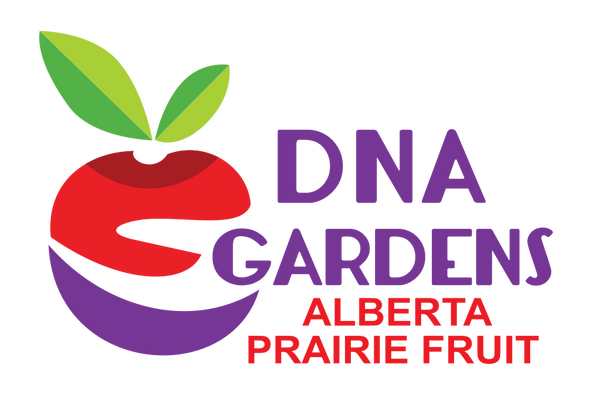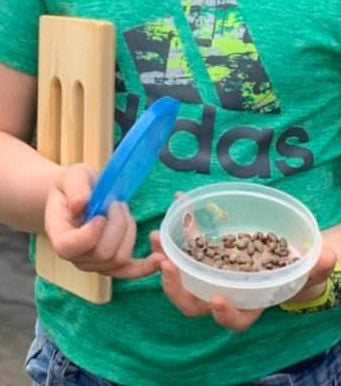Mason bees are fascinating creatures that play a crucial role in pollination. They are gentle, solitary bees that are known for their efficient pollination abilities. In this blog post, we will explore everything you need to know about mason bees, from their lifecycle to their importance in the ecosystem.
What are Mason Bees?
Mason bees, also known as Osmia bees, are native to North America. They are solitary bees, meaning they do not live in colonies like honeybees. Instead, each female mason bee builds and provisions her own nest. These bees are named "mason" bees because of their unique nesting behavior. They use mud or chewed plant material to construct individual cells within their nests.
Why are Mason Bees Important?
Mason bees are excellent pollinators. In fact, they are even more efficient at pollination than honeybees. A single mason bee can pollinate as many flowers as 100 honeybees! This is because mason bees have a unique way of collecting and transferring pollen. They have specialized hairs on their abdomen that attract and hold onto pollen grains as they move from flower to flower.
The Lifecycle of Mason Bees
The lifecycle of a mason bee consists of four stages: egg, larva, pupa, and adult. Female mason bees lay their eggs in individual cells within their nests. They then provision each cell with a mixture of pollen and nectar, which serves as food for the developing larva. Once the cell is provisioned, the female seals it with mud or plant material. The larva hatches from the egg and feeds on the stored food until it is ready to pupate. After pupation, the adult bee emerges from the cell and begins the cycle again.
How to Attract Mason Bees to Your Garden
If you want to attract mason bees to your garden, there are a few things you can do. First, provide them with a suitable nesting habitat. Mason bees prefer holes that are 6-8mm in diameter, so you can create nesting blocks or purchase pre-made ones. Place the nesting blocks in a sunny location, preferably facing east or southeast. Additionally, plant a variety of flowers that bloom at different times throughout the year to provide a continuous source of nectar and pollen for the bees.
The Benefits of Mason Bees
Having mason bees in your garden can have numerous benefits. They are excellent pollinators for fruit trees, berries, and other crops. By attracting mason bees, you can increase the yield of your garden and enjoy a bountiful harvest. Additionally, mason bees are gentle and rarely sting, making them safe to have around children and pets.
Mason bees are incredible creatures that are essential for pollination. By understanding their lifecycle and providing them with a suitable habitat, you can attract these efficient pollinators to your garden and reap the benefits of increased crop yields. So, next time you see a mason bee buzzing around your garden, take a moment to appreciate the important role they play in our ecosystem.

